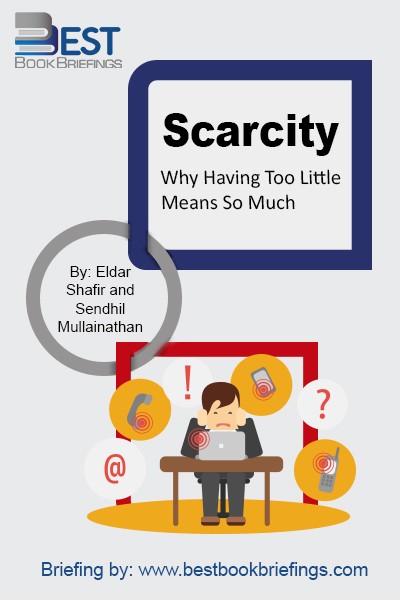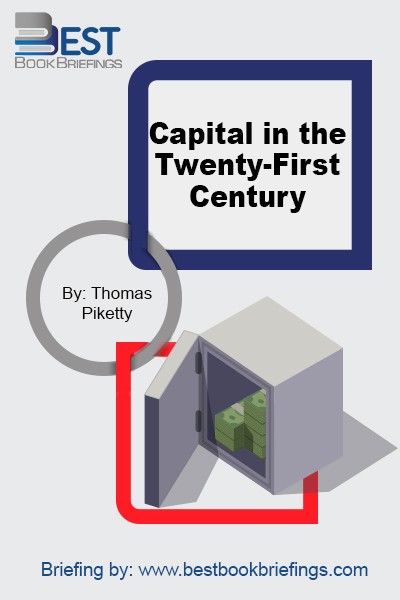Capital in the Twenty-First Century
Number of pages: 696
Publisher: Belknap Press
BBB Library: Economics and Investment
ISBN: 9780674430006
Editorial Review
The distribution of wealth is one of today’s most widely discussed and controversial issues. But what do we really know about its evolution over the long term? Do the dynamics of private capital accumulation inevitably lead to the concentration of wealth in ever fewer hands? Or do the balancing forces of growth, competition, and technological progress lead in the later stages of development to reduced inequality and greater harmony among the classes? What do we really know about how wealth and income have evolved since the eighteenth century, and what lessons can we derive from that knowledge for the century now under way? The data needed to answer these questions requires that we look into extensive historical and comparative research work covering more than three centuries and twenty countries, as well as into a new theoretical framework that affords a deeper understanding of underlying mechanisms. Modern economic growth and the diffusion of knowledge have made it possible to avoid the capitalist apocalypse but have not modified the deep structures of capital and inequality – or in any case not as much as one might have imagined in the optimistic decades following World War II.
Book Reviews
Books on Related Topics

Solving problems is hard. If a given problem still exists, you can bet that a lot of people have already come along and failed to solve it. Easy problems evaporate; it is the hard ones that linger. Furthermore, it takes a lot of time to track down, organize, and analyze the

This book is not really about money, it is about creating the life you want. A part of that is deciding what role you want money to play in it. We all have money in our lives, what matters is that you master money and it doesn’t master you. The secret

Mullainathan and Shafir discuss how scarcity affects our daily lives, recounting anecdotes of their own foibles and making surprising connections that bring this research alive. Their book provides a new way of understanding why the poor stay poor and the busy stay busy, and it reveals not only how scarcity leads



